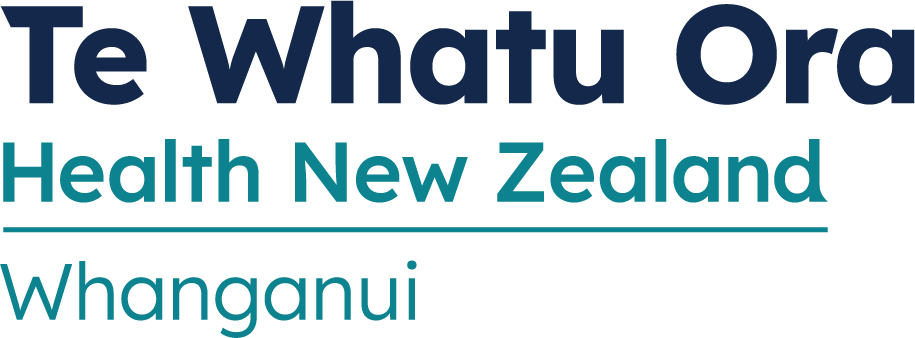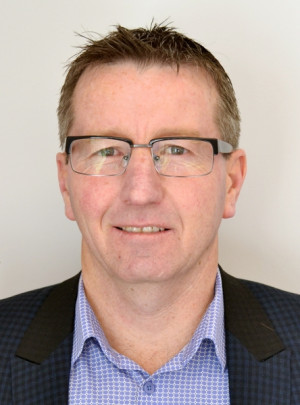

WDHB Board Member Stuart Hylton.
31 March 2020
Taking over as the lead of Whanganui’s COVID-19 emergency response team today – 31 March, 2020 – Stuart Hylton said it was imperative people limited their movements and adhered to the Alert Level 4 guidelines.
“If we can do that, we have a chance of protecting our community.”
Mr Hylton, a former deputy chair of the Whanganui DHB and currently an elected board member, is leading the response to the virus as Incident Controller of the Emergency Operations Centre (EOC).
The EOC is working with numerous partners across the health sector and other agencies such as Police, Civil Defence and local councils.
Mr Hylton has taken over as Incident Controller, with Louise Allsopp taking a break. He has more than 30 years’ experience in emergency management operations, including being controller during the state of emergency following the June 2015 floods and again with the April 2017 flood threat, and his emergency management experience goes back to 1990 and the Cyclone Hilda flooding.
The three people in the region with the virus are recovering in self-isolation in a house in the Ruapehu district, supported by Public Health staff. They are having food delivered, and do not need hospitalisation.
Key health information
-
A total of three cases of coronavirus COVID-19 are confirmed in the Whanganui region as at 1pm on Tuesday, 31 March 2020. These three people are self-isolating in one house in the Ruapehu District, and do not need hospitalisation.
-
In confirmed cases of COVID-19, Public Health staff will be in daily contact with those affected, and contact tracing will be undertaken.
-
We ask people to stay home, and to look after themselves, and the people they care most for. By staying home, they can help slow the spread of the virus and break the chain.
-
We can slow the spread if we all work together. Physical separation of two metres is of the utmost importance outside your bubble, but that does not mean social separation, so keep in touch by other means.
-
Remember to regularly wash your hands and dry them well.
-
And always cough and sneeze into your elbow.
-
Reminder – The only hospital visiting allowed is one visitor for patients: At end stage of life, in the Critical Care Unit, in the Maternity Unit, and in the Children’s Ward. All visitors must be part of the patient’s bubble.
-
Whanganui hospital is open 24/7 for critical cases and those patients who need urgent care.
-
In the Waimarino region there will be a reduced maternity service commencing Monday, 30 March, 2020, as there is only one midwife available. This means all women due to give birth in the next four weeks will be advised to do so in Whanganui Hospital.
-
Pregnant women can still have a support person from their bubble during labour and birth, and can hold their new-born skin to skin and share a room with their baby. However, they must wash hands and dry them thoroughly before and after touching baby. Seeing a midwife for routine and urgent visits is still necessary throughout lockdown. The midwife will do as much consultation as they can over the phone or via video conferencing, and the number of face-to-face visits may be reduced. Please talk to your midwife if you have any queries.
Need assistance during the lockdown
-
For Whanganui call 06 3490001 -- this line operates 8am to 5pm with an after-hours response after that.
-
For Ruapehu south (Waimarino) call 06 3858364 – this line operates 24/7.
For more information
-
To keep up to date with local information about important health services in the Whanganui Region visit www.facebook.com/whanganuidhb/ or www.wdhb.org.nz
-
Te Ranga Tupua Collective Iwi Response – phone 0800 202 004 for help, advice and support for whānau in the Whanganui, Rangitīkei, Ruapehu, Otaihape and South Taranaki Region
-
For national information visit health.govt.nz/covid-19 or covid19.govt.nz
If you are unwell:
-
Phone the COVID-19 Healthline on 0800 358 5453.
-
If you are going to your general practice (GP) - phone first.
-
If you are so unwell you need to come to the hospital ED – please phone first.



